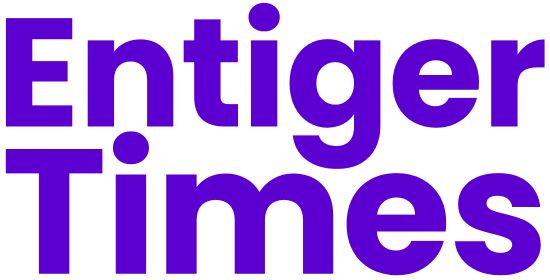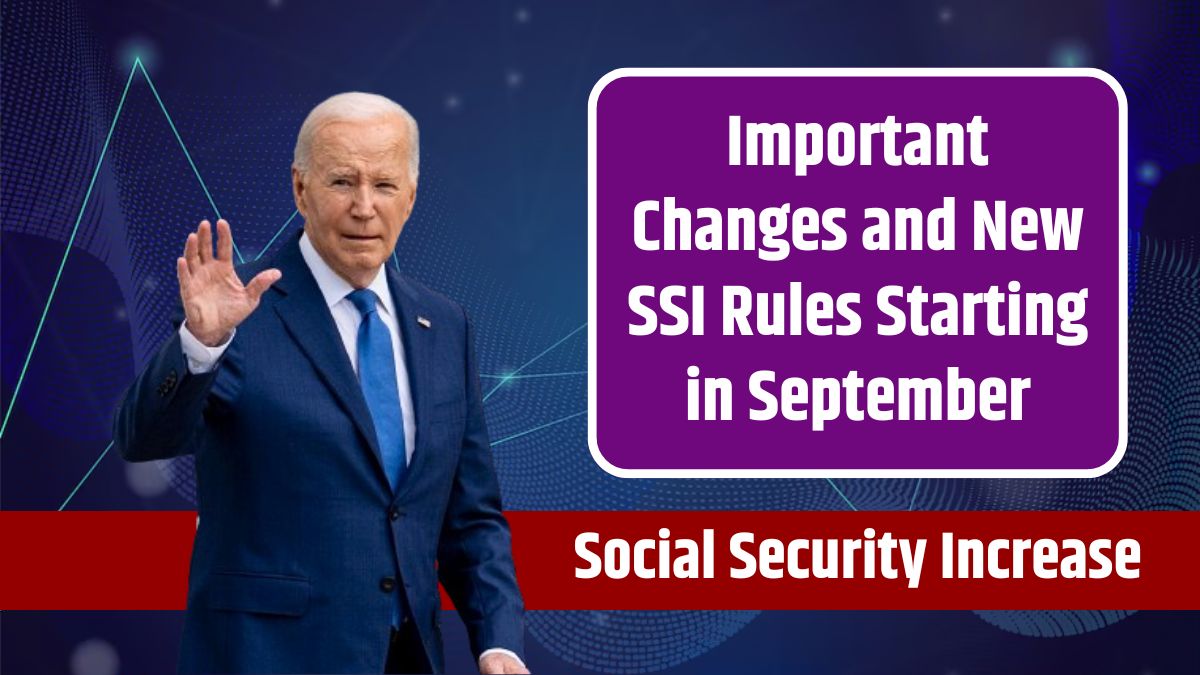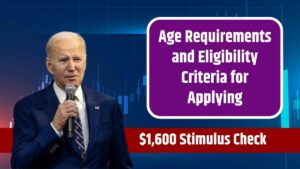In September 2024, the Social Security Administration (SSA) will introduce significant updates to its Supplemental Security Income (SSI) program, which could greatly impact approximately 7 million beneficiaries. Unlike Social Security retirement benefits, which tend to receive more attention, SSI is designed specifically to assist low-income individuals, people with disabilities, and children facing financial challenges.
These upcoming changes aim to make SSI more accessible, particularly by updating definitions and eligibility rules, and expanding some key policies. Let’s cut into the most important changes and how they may affect SSI beneficiaries.
Contents
- 1 Household Definition
- 2 Food Assistance Reclassification
- 3 Rental Subsidy Expansion
- 4 Preparing for the Changes
- 4.1 Social Security Maximum Benefit for Full Retirement Age Workers – Changes Following the 2025 COLA Increase
- 4.2 FAQs
- 4.3 What are the key changes to the SSI program in 2024?
- 4.4 How will food assistance impact my SSI benefits under the new rules?
- 4.5 What is the new rule for public assistance households?
- 4.6 How does the rental subsidy expansion affect beneficiaries?
- 4.7 When will these changes take effect?
Household Definition
One of the most critical changes revolves around the definition of a public assistance household. Previously, all members of a household had to receive public assistance for the household to qualify for SSI benefits. This was often a limiting factor, as it excluded families where not everyone received government aid.
The new policy simplifies this requirement. Under the updated rule, only one member of the household needs to receive SSI, while at least one other person in the household must be receiving some form of means-tested public assistance, such as Supplemental Nutrition Assistance Program (SNAP). This change will allow more families to become eligible for SSI benefits, even if only a portion of the household receives public assistance.
This adjustment is anticipated to widen the net of support, making it easier for families in need to access SSI payments and, in turn, reduce financial hardship.
Food Assistance Reclassification
Another major shift involves how food assistance is treated under the SSI program. Previously, food assistance was considered in-kind support and maintenance (ISM), which meant it was counted as unearned income. This classification often resulted in a reduction of SSI benefits, as food assistance was treated as an additional income source.
Under the new regulations, food assistance will no longer be included in the calculation of SSI eligibility. This is an important change that could lead to increased payments for beneficiaries who were previously penalized for receiving food aid.
The removal of food assistance as a factor in determining SSI benefits comes in response to concerns that the previous rules discouraged families from helping each other. Providing food to a relative could have reduced the amount of benefits that person received, creating a disincentive for support. With this update, beneficiaries can now receive help from family members without worrying about losing SSI income.
Rental Subsidy Expansion
The rental subsidy policy is also undergoing an important modification. In the past, if a person received assistance with rent—such as renting at a reduced rate—it could impact their SSI eligibility or reduce their payments. However, this policy was only applied in specific states, including Connecticut, Illinois, Indiana, New York, Texas, Vermont, and Wisconsin.
Starting in September, the SSA will expand the rental subsidy policy nationwide. This means that individuals receiving rental assistance across all states will be subject to the same rules, ensuring consistent treatment no matter where they live. For many beneficiaries, this change could result in higher payments or improved eligibility. The expansion aims to create fairness and prevent state-by-state discrepancies in how SSI benefits are determined.
Preparing for the Changes
As the SSI changes roll out, current beneficiaries and those who may qualify under the new rules should take steps to know how they could be impacted. Some individuals who were previously ineligible might now qualify for benefits, while those already receiving SSI could see an increase in their monthly payments due to the new food assistance and rental subsidy policies.
If you think you may be newly eligible, or if you’re already an SSI recipient and expect changes to your payments, it’s essential to contact the SSA for more information. Reviewing any changes in your household, income, or living situation will help you avoid surprises and ensure you’re receiving the correct benefit amount under the new rules.
In conclusion, these updates to the SSI program represent a positive step toward making benefits more accessible and equitable for those in need. By adjusting household definitions, removing food assistance penalties, and expanding rental subsidy policies, the SSA aims to provide more support to low-income individuals and families.
FAQs
What are the key changes to the SSI program in 2024?
SSI updates include new household definitions, food assistance reclassification, and expanded rental subsidy policies.
How will food assistance impact my SSI benefits under the new rules?
Food assistance will no longer count as income, potentially increasing your SSI payments.
What is the new rule for public assistance households?
Only one member of the household needs to receive SSI, with at least one other receiving means-tested public assistance.
How does the rental subsidy expansion affect beneficiaries?
All states will now apply the same rules for rental subsidies, which could increase SSI payments.
When will these changes take effect?
The new SSI rules will be implemented in September 2024.













